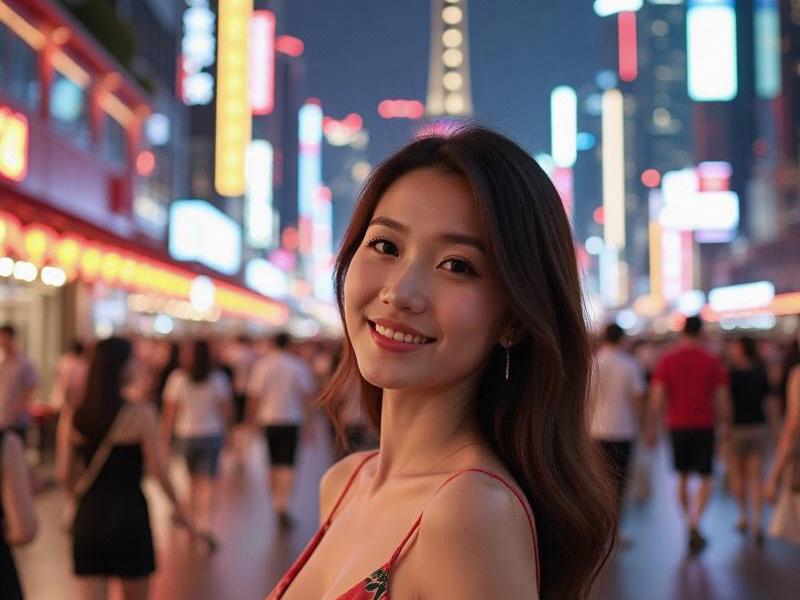
The glow of neon signs along the Huangpu River illuminates Shanghai's thriving nightlife economy, where a new generation of entertainment clubs is writing the next chapter in the city's social history. These establishments - ranging from opulent KTV parlors to multi-concept lounge clubs - serve as both social hubs and economic indicators of China's most cosmopolitan city.
From Business Deals to Lifestyle Experiences
Shanghai's modern club culture traces its origins to the economic reforms of the 1990s, when venues like CJW and Muse became synonymous with corporate entertainment. "Closing a deal over Louis XIII cognac in a VIP room was standard practice," recalls veteran entrepreneur James Liang. These exclusive clubs operated on strict membership models, with annual fees reaching ¥300,000 for access to soundproofed rooms staffed by multilingual hosts.
The anti-corruption campaign of 2013-2015 fundamentally reshaped the industry. Nearly 40% of high-end venues closed within two years, according to Shanghai Nightlife Association data. The survivors reinvented themselves, shifting from business-focused models to premium lifestyle destinations.
The New Entertainment Ecosystem
Today's successful Shanghai clubs combine multiple entertainment formats:
1. Hybrid Venues:
- "TAXX Ultra" in Jing'an District merges a nightclub with cocktail laboratories
- "K. Song Revolution" offers AI-powered vocal enhancement across 200 private rooms
- "Cloud Lounge" features rotating art installations alongside its premium beverage program
爱上海同城419 2. Technological Integration:
- Facial recognition entry systems
- Smart tables with built-in ordering and payment interfaces
- Holographic hostess projections for private rooms
- Real-time sound adjustment based on crowd density sensors
3. Cultural Fusion:
At "Dragon Phoenix Club," patrons experience:
- Mixologists blending baijiu with single malt whiskeys
- Traditional erhu performances of electronic dance music
- Interactive digital projections of Shanghai's 1930s jazz age
夜上海最新论坛 Economic Impact and Market Trends
Shanghai's nightlife economy now generates approximately ¥25 billion annually, with entertainment clubs accounting for 38% of revenue. Notable trends include:
• Average group spending: ¥4,200 (70% personal expense)
• Demographic shift: 65% of patrons aged 25-35
• Premiumization: 30% year-over-year growth in non-alcoholic luxury beverages
• Employment: Supports 120,000 jobs citywide
Regulatory Landscape and Challenges
The industry operates within strict parameters:
- Mandatory 2am closing time for all venues
- 15% "luxury entertainment tax" on bottle service
上海龙凤论坛爱宝贝419 - Monthly fire safety and noise pollution inspections
- Required use of government-approved surveillance systems
Future Outlook
Emerging concepts point to the next evolution:
• "Sober Clubs" targeting health-conscious professionals
• Membership-based rooftop venues with coworking spaces
• AI concierge services customizing entertainment packages
• Blockchain-based membership verification systems
As Shanghai positions itself as a global leisure capital, its entertainment clubs continue to serve as laboratories of urban culture - spaces where tradition and innovation mix as fluidly as the cocktails they serve, reflecting the city's unique position at the crossroads of East and West.
